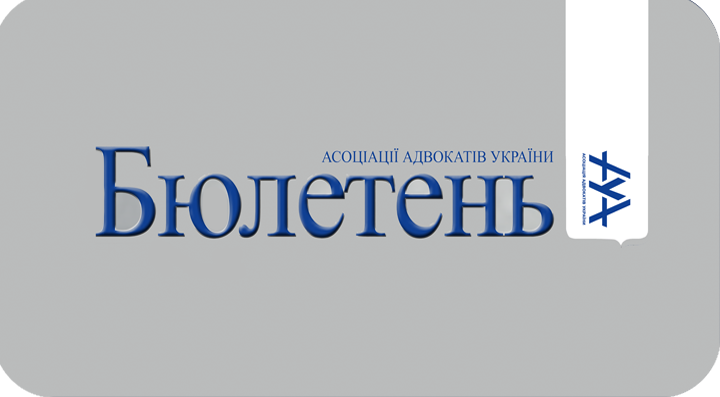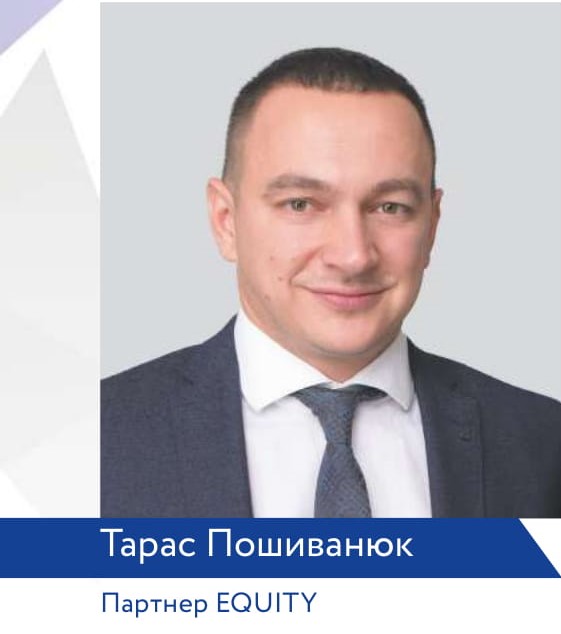
"Masks show" standing sentinel over the attorneys’ interests. How do the latest amendments to the CPC work?

Restoring confidence in the judiciary, society’s critical need for social justice, and overcoming corruption are the driving forces becoming the catalysts for conducting another judicial and so-called "procedural" reform in Ukraine.
For ordinary Ukrainians, the mentioned democratic institutions have already become nothing else but empty mottos and slogans of politicians, which are proclaimed almost every day in the Verkhovna Rada, on TV, during rallies, or elsewhere for potential constituents to hear. However, for legal community, judicial reform and the introduction of new codes of procedure have become extraordinary events. For the first time in the history of Ukraine, every lawyer meeting the criteria established by law had the opportunity to participate in the formation of cassation instance staff.
If we go back to the events related to entry into force by the updated codes of procedure, it should be noted that criminal process was a kind of exception to the general rule of procedural legislation reforming. Firstly, the CPC of Ukraine has not undergone such major changes in comparison with other procedural laws, which somewhat simplified the life for attorneys practicing criminal law and procedure. Secondly, the entry into force by the new version of the CPC of Ukraine was de facto divided into several stages.
Thus, a major part of the provisions of Law of Ukraine "On Amendments to Certain Legislative Acts Concerning Observance of the Rights of Participants in Criminal Proceedings and Other Persons by Law Enforcement Agencies During Pre-trial Investigation" No. 2213-VIII dated 16 November 2017 (the so-called “Masks Show Stop Law”) entered into force on 7 December 2017. However, part of novelties to the criminal procedural legislation of Ukraine, which, in particular, concern the video recording of litigation process, will enter into force on 1 January 2019. Furthermore, amendments were made to the CPC of Ukraine based on Law of Ukraine "On Amendments to the Commercial Procedure Code of Ukraine, the Civil Procedure Code of Ukraine, the Code of Administrative Proceedings of Ukraine and other Legislative Acts" No. 2147-VIII dated 3 October 2017. A significant part of the provisions of the specified Law entered into force only on 15 March 2018.
According to the results of analysis of criminal proceedings, which were attended by attorneys of EQUITY Law Firm, it can be stated for sure that legal and procedural practice on applying the above novelties of the criminal procedural legislation of Ukraine is already in place. Thus, the implementation of provisions of the Masks Show Stop Law had a positive effect in a way. For example, application of the Masks Show Stop Law regarding compulsory video recording of a search is successful for attorneys. The specified provision works in practice and investigators, in most cases, diligently record the investigative activities. It should be recalled that the requirements of part 1 Art. 107 of the CPC of Ukraine regulate that enforcement of a ruling of an investigating judge or court on conducting a search must be recorded using sound and video recording devices. However, in practice, we often witness a simple technical failure of the representatives of a pre-trial investigation body to record a search or inspection of a place of event, which can last for more than five to six hours. Moreover, judicial practice regarding the application of provisions of Art. 107 of the CPC of Ukraine is being formed in a rather interesting direction. Thus, in most cases, courts protect the interests of a person against whom investigative activities were carried out and recognise the actions taken by investigators regarding the lack of video recording of a search as illegal.
Therefore, it can be stated that failure to comply with the CPC of Ukraine concerning the compulsory video recording is of a great value to bar community not only in terms of recognising evidence as inadmissible at court consideration stage, but also in challenging the actions or failure to act of an investigator or prosecutor at a pre-trial investigation stage. For instance, there was a situation in my practice when an investigating judge refused to seize property that was impounded during a search, having substantiated such a decision by the fact that prosecutor had not attached a copy of the video recording of investigative activity to his/her petition as an annex. Hence, the above novelty to the CPC of Ukraine delivers positive effects even in those cases and situations nobody could have even expected.
Furthermore, the issue of denying an attorney access to a search site after it has already started almost disappeared. Earlier, an attorney had to take a lot of actions to be granted access to a search site, for example, to document the fact of denying access to a client by informing the National Police bodies about the obstruction to practice law, to notify bar self-government bodies or to attract attention of the media. Now, an attorney can concentrate solely on carrying out investigative activity during a search, he/she does not need to take a lot of unnecessary actions to get to the premises for the final part of an investigative activity at best.
Unlike positive changes in case of search video recording, the situation with legal prohibition of computer equipment seizure has not changed for the better at all. It should be reminded that during the press conference of A.B. Avakov, the Minister of Interior of Ukraine, which was held in conjunction with the entry into force of the Masks Show Stop Law, he stated: "This law sets a prohibition to seize physical storage media, hard drives, computers, mobile phones, except for the cases expressly indicated in the CPC.” However, investigators and prosecutors involved in conducting searches have formed their own opinion on this issue. As one of the investigators said during a search to attorney’s objection to the prohibition to seize system units at the enterprise: "... we were, are and will be seizing." Why did the above provision of the CPC of Ukraine, which de facto introduced a moratorium on the seizure of physical storage media, failed to produce the desired results?
To the best of my belief, the answer to this question lies in the very text of this provision. Thus, Art. 165 of the CPC of Ukraine provides for the procedure for temporary seizure of property, and Part 2 of the specified provision provides for temporary seizure of property during a search and inspection. Temporary seizure of electronic information systems or parts thereof, mobile terminals of communication systems is prohibited, unless their provision along with the information contained therein is a prerequisite for conducting an expert research, or unless such items were obtained as a result of a criminal offence or are the means or instruments of committing it, or access to them is limited by their owner, possessor or holder or is related to overcoming of logical protection system. Therefore, in this Article of the CPC of Ukraine legislator uses the term "electronic information system". However, the effective CPC of Ukraine contains no definition of "electronic information system".
This definition is contained in Art. 1 of the Law of Ukraine "On Protection of Information in Information and Telecommunication Systems" dated 5 July 1994, according to which electronic information system means the organisational and technical system where the information processing technology using technical and software tools is implemented. Investigators and prosecutors who conduct a search solve the situation in the simplest ways: to attorneys’ objections to the legal prohibition to seize system unit, hard drive, or server they state that either this equipment is not an electronic information system or computer equipment is required to conduct an expert research.
At the same time, I regret to state that the judicial practice on returning seized computers or mobile phones is not favourable to persons who had such equipment seized. By their rulings, investigating judges de facto legitimise the illegal actions of the representatives of a pre-trial investigation body, thereby neglecting the mandatory requirements of the CPC of Ukraine.
An effective way to protect the interests of a client during a search, if investigators decide to seize computer equipment, is to petition on record requesting to grant access to copy the information contained in such equipment without seizing it. In such circumstances, an attorney has well-substantiated position for defence in court, since he/she actually complied with the requirements of procedural legislation regarding access to the electronic information system, while investigator failed to take measures to copy the necessary information.
This publication contains only a slight share of controversial issues and challenging situations, where all participants in a criminal process find themselves almost every day. The issue of forming a sustainable judicial practice is more relevant than ever, since without clear "rules of the game," each party spends a significant amount of resources, time and effort to interpret certain novelties of the criminal procedural law.
It is our hope that the newly formed Supreme Court will not leave aside the areas of concerns and will actively participate in the formation of updated judicial practice.
